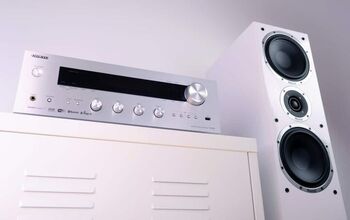What Size Breaker For A Hot Water Heater? (Find Out Now!)

You have come to the determination that you need to install a new water heater. It presents new possibilities for certain, but it also presents challenges that must be met. Like what kind of circuit breaker you need for your new electric water heater.
Choosing the right breaker is of the utmost importance. Fail to provide the right power level and you will constantly be tripping the breaker. You may even do damage to the appliance or your electrical system. So, when you go to install your electric water heater, make sure that you go with a 30-amp breaker. This is your guide for better understanding amperage, voltage, and wiring requirements for your new electric water heater.
Do You Need Water Heater Repair Services?
Get free, zero-commitment quotes from pro contractors near you.

Why the Breaker is Important
Your home’s electrical system is tied to an array of breakers. Each of these breakers handles a specified electrical load. For the larger appliances that consume more energy, they may require their own dedicated breaker.
When you have a breaker that is ill-equipped to handle the workload, there are multiple issues presented. For one, the breaker could become damaged. Frequent usage from an appliance that is in need of more power could damage the breaker, requiring complete replacement.
Furthermore, the wrong breaker could wind up damaging the appliance. Inconsistent energy output can lead to surges and spikes, the kind of inconsistencies that can do damage to the internal components of your new water heater. All of which can be avoided by choosing the right breaker.
Determining the Right Size Breaker
So, now that we know the importance of the breaker, the real question becomes how to determine the right breaker size. There are two considerations when choosing the right breaker: the amperage and the voltage.
The two relate to one another, so you should be able to determine the breaker needed by one of those measurements. Still, it doesn’t hurt to know both of those requirements for your new electric water heater.
How Many Amps for Your Electric Water Heater?
There are a ton of different circuit breaker examples to choose from, each fit to serve a different level of need. For the most part, your typical electric water heater will have about 15 amps of power to it. That can vary based on the model that you choose, but that is the industry standard.
So, you could probably get away with using a 20-amp breaker but it is likely that your electrician will suggest a 30-amp system. That is because your water heater is a high current appliance. Since it draws more energy than most of the other things in your home, it needs to be graded to handle those power surges more effectively.
How Many Volts for Your Electric Water Heater?
Amperage is one of the primary ways of identifying the necessary breaker size. When in doubt, though, you can also refer to the voltage of both the water heater and the breaker to find the right match. You can even find a handy conversion chart online should you want to see the comparison between voltage and amperage.
As stated above, most standard electric water heaters are in the 15-amp range. That equates to about 110 volts. That said, 20-amp breakers are equipped to take on 220 volts of power. If you still aren’t sure, consult a local electrician before doing anything.
Industry Standards
A good place to start when trying to understand what size breaker your water heater needs is to look at the industry standard. The industry standard electric water heater will require a dedicated 240-volt circuit. That means that the specific circuit will serve only the water heater.
40-Gallon Water Heater
Let’s say that you opt for an electric water heater instead of a tankless. In this instance, you would have to choose the size of the tank. The industry standard is about 40 gallons as it serves most average-sized homes.
In the case of a 40-gallon water heater, a dedicated 20-30 amp breaker would be required. You might be able to get away with a smaller appliance on a 30-amp breaker, but even that is not recommended. A 20-amp breaker leaves less room for error and could leave you more susceptible to power spikes and surges.
60-Gallon Water Heater
If you are going above the industry standard 40-gallon water heater, then you will need a 30-amp breaker at the very least. Of course, that depends on just how much larger that you go. For most homes, a 30-amp breaker should be more than enough to accommodate for an electric water heater.
Important Factors to Keep in Mind
Water heaters need to have a certain recovery time to reheat the water within the tank. For tankless water heaters, this does not apply because they are built to only heat water as it is needed instead of storing water in the tank.
Should your water heater have two components, you will need to accommodate for the necessary voltage. A breaker that cannot handle that elevated usage runs the risk of not only tripping but burning out entirely.
How to Size a Breaker for a Water Heater
Still not quite certain what your new electric water heater will need for a breaker? There is an effective, step-by-step way to determine what size breaker you will need for your electric or tankless water heater.
Step 1: Find the Requirements
On every water heater, there are a specific set of requirements for that unit. Generally speaking, the heater accommodation, which is nearby the cable, are linked. Take a look at the wattage requirements that go into your new water heater.
Ideally, most residential spinning heaters will require about 1,500-watts. If you have trouble finding these requirements, check with your local electrician to ensure that you are sizing the breaker properly.
Step 2: Divide
For the most part, you can use the current-voltage requirements on the tag to get your state-of-the-art pull. Should you water heater be able to plug into a standard ceiling socket, then the necessary voltage is likely going to be 100 20 volts.
If it does not plug into a standard ceiling socket, then the current reach is closer to 12.5 amps for your typical 1500-watt heaters.
Step 3: Multiply
Now comes the time to compute your breaker rate. Multiply your breaker rate by 125% in order to determine what size breaker that you need. So, for example, a 1500-watt heater that is on a 120-volt system would require at least a 15 6-amp breaker.
Something in the 15-30 amp switch range might be small, facilitating a need to switch to a 20-30 amp switch instead. It all depends on the output of your water heater.
Step 4: Finding Your End Result
Ultimately, it comes down to the requirements on the service tag to help you determine breaker size. But there is one important thing that you should keep in mind when it comes to finding the right breaker size for your electric water heater.
You can’t switch from a breaker that is too small to a larger one as easily as you can in the reverse. That means you can’t change the circuit breaker as easy if you have a water heater that needs 30 amps on a 20-amp system. But if you are going from an appliance that needs 20 amps to 30 amps, the transition is much easier.
Do You Need Water Heater Repair Services?
Get free, zero-commitment quotes from pro contractors near you.

Call a Professional
Whenever you start implementing electrical currents, things can get dicey. If you do not feel confident about your level of experience with water heaters, don’t be afraid to call a professional. They will get the job done safely and efficiently, taking the hassle out of the job.
Related Articles

Ryan Womeldorf has more than a decade of experience writing. He loves to blog about construction, plumbing, and other home topics. Ryan also loves hockey and a lifelong Buffalo sports fan.
More by Ryan Womeldorf



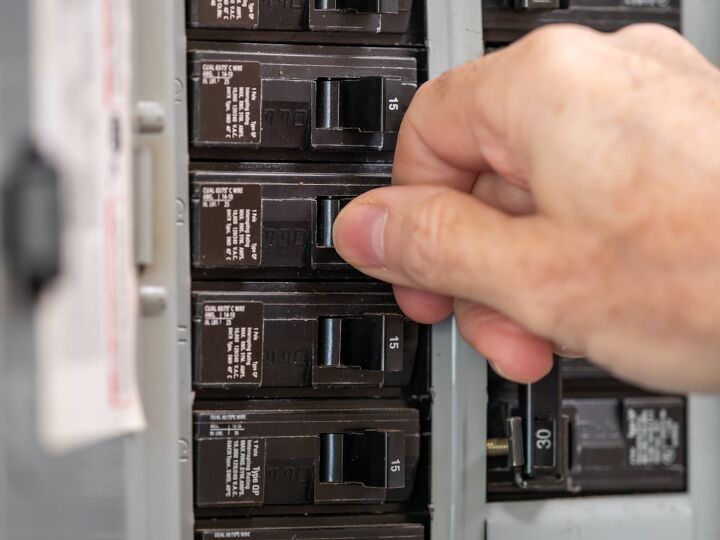






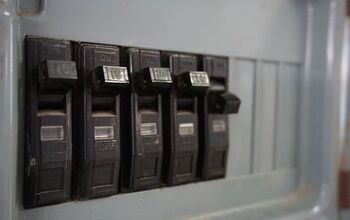
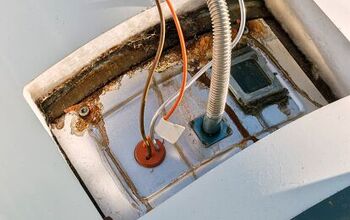

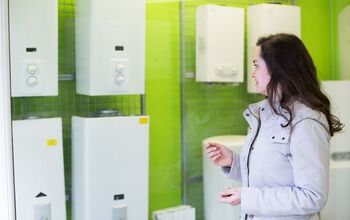
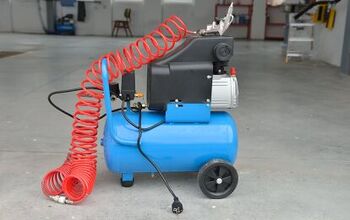




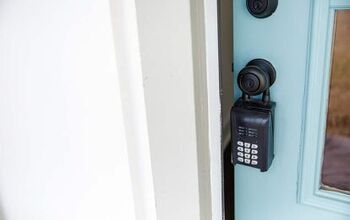

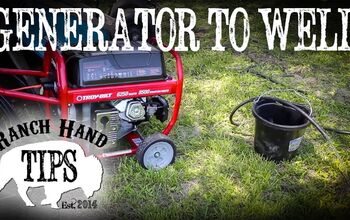

![10 Most Dangerous Neighborhoods in Baltimore [Updated]](https://cdn-fastly.upgradedhome.com/media/2023/07/31/9075655/10-most-dangerous-neighborhoods-in-baltimore-updated.jpg?size=350x220)


